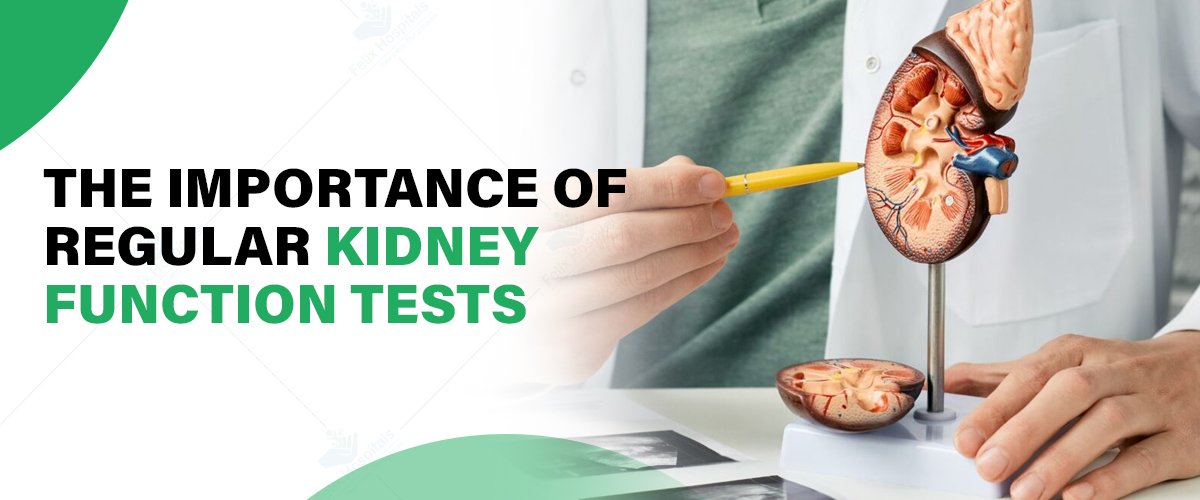Kidney function tests are essential tools for detecting early signs of kidney problems—even before symptoms appear. These simple blood and urine tests can help prevent serious complications and allow doctors to act quickly when something isn’t right.
At Southern Oklahoma Kidney Center, regular monitoring of kidney health is a top priority. Early detection leads to better outcomes, especially for people with diabetes, high blood pressure, or a family history of kidney disease.
Why Kidney Function Testing Matters
Your kidneys filter waste, balance fluids, and help regulate blood pressure. When they start to decline, your body can’t remove toxins as effectively. Unfortunately, kidney disease often progresses silently.
- Regular kidney function tests can:
- Identify problems before symptoms begin
- Help manage chronic conditions like diabetes and hypertension
- Monitor the effects of medications that may impact the kidneys
- Guide treatment plans and lifestyle adjustments
According to the Hypertension & Kidney Disease page, uncontrolled high blood pressure is a common cause of kidney damage, making routine testing even more important for at-risk individuals.
What Tests Are Used to Check Kidney Function?
There are several key tests that doctors use to monitor your kidneys:
Blood tests:
- Serum Creatinine: Measures waste buildup in the blood
- eGFR (estimated glomerular filtration rate): Estimates how well your kidneys are filtering blood
Urine tests:
- Urine Albumin or Protein Test: Detects early signs of kidney damage
- Urinalysis: Checks for infection, blood, or protein in urine
These tests are quick, simple, and provide valuable insight into your kidney health. At SouthernOKC, results are explained clearly so patients understand what their numbers mean and what steps to take next.
Who Needs Regular Kidney Function Tests?
While anyone can benefit from periodic testing, certain groups are at higher risk for kidney problems and should be tested more frequently:
- People with diabetes
- People with high blood pressure
- Individuals with a family history of kidney disease
- Adults over 60 years old
- People with heart disease or obesity
- Patients taking medications that may affect the kidneys
The Kidney Disease & Diabetes page highlights how diabetic patients often show signs of kidney trouble early, and routine testing helps prevent more serious issues down the road.
How Often Should Testing Be Done?
For healthy individuals, kidney tests may be recommended every 1–2 years during routine checkups. For high-risk patients, testing might be done every few months or as directed by your nephrologist.
At Southern OKC, testing schedules are tailored to your specific needs, ensuring no changes go unnoticed.
What If a Problem Is Detected?
- Early-stage kidney disease can often be managed through:
- Controlling blood pressure and blood sugar
- Following a kidney-friendly diet
- Adjusting medications
- Avoiding substances that harm the kidneys, such as NSAIDs
In more advanced cases, nephrologists may begin planning for dialysis or transplant. As explained on the Kidney Disease & Anemia page, untreated kidney issues can lead to complications like anemia, which cause fatigue and weakness.
The Bottom Line
Your kidneys work silently every day to keep your body balanced and healthy. Regular kidney function tests give you the power to catch problems early—before they become serious.
Don’t wait for symptoms. Make kidney testing a regular part of your health routine and take charge of your future today.




